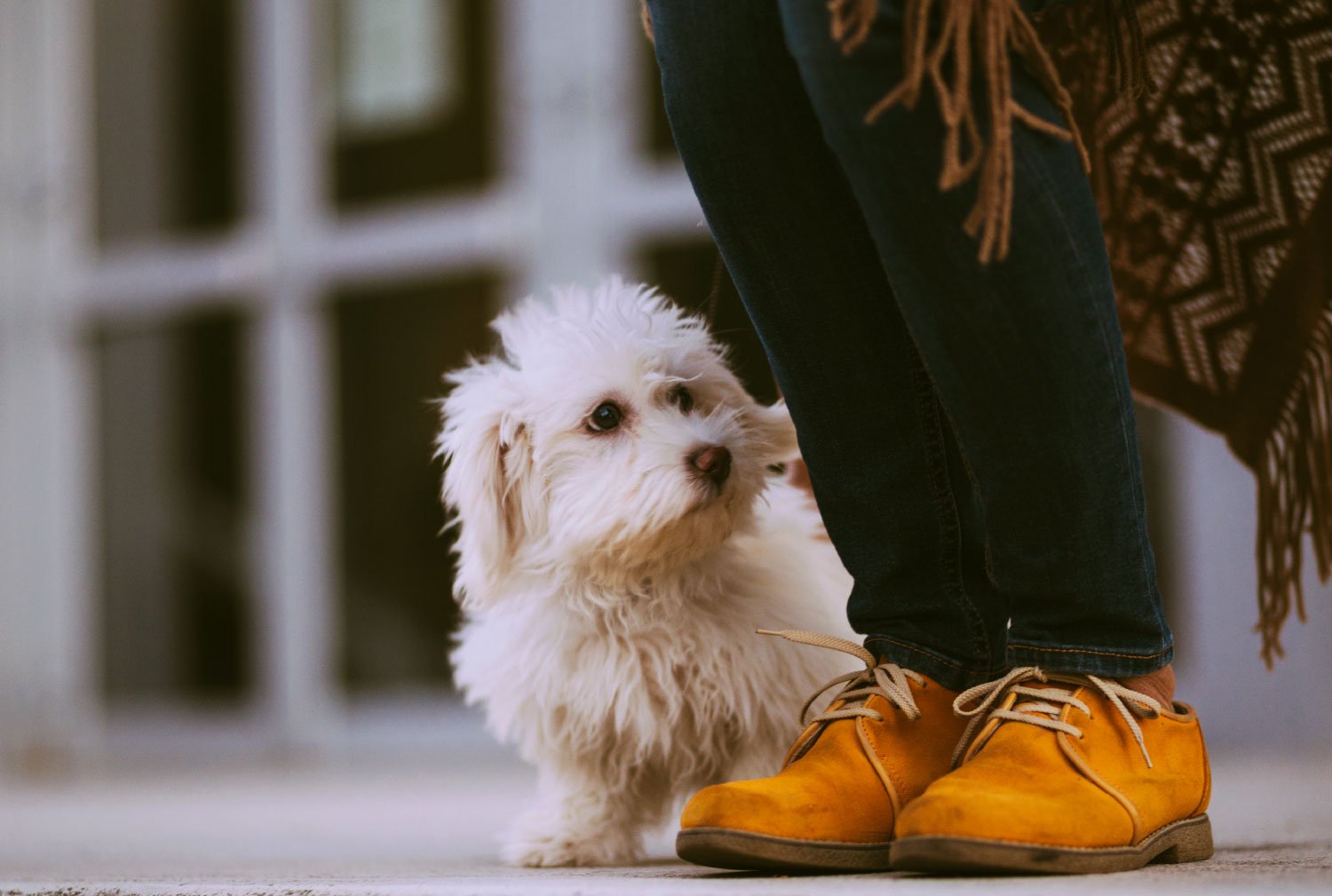THINGS WE DO

HOSPITALISATION
It's understandable to feel anxious when your beloved pet is hospitalised, but being informed about what to expect can help alleviate some concerns. Hospitalisation, especially after surgery or due to an illness, requires specialised care tailored to your pet's needs.

Reasons for Hospitalisation
Hospital stays for pets can occur due to a various circumstances, ranging from unforeseen emergencies to carefully planned surgeries. At our veterinary facility, we understand that these situations demand specialized attention and care tailored to each pet's unique needs.
Emergency Care
Urgent situations like sudden illnesses or accidents can be distressing for both pets and their owners. Our dedicated team is equipped to handle emergencies promptly, providing immediate medical attention and compassionate care to stabilize and treat your pet in their time of need.
Surgical Recovery
Post-operative care is crucial for a pet's successful recovery. Some surgeries require extensive monitoring and specialized care during the healing process. Our facility ensures a comfortable and controlled environment for pets recuperating from various surgical procedures, offering attentive nursing care, pain management, and rehabilitation exercises as needed.
Intensive Monitoring
In critical cases or with complex medical conditions, pets might need intensive monitoring. Our hospital provides state-of-the-art facilities and round-the-clock supervision by experienced veterinary professionals. This ensures continuous monitoring of vital signs, administering medications, and adjusting treatment plans as necessary for the best possible outcome.
Specialised Care
Some pets might require specialized attention due to severe injuries or chronic illnesses. Our veterinary team tailors treatment plans to address these specific needs, employing advanced techniques and therapies to optimize their health and well-being.

Hospitalisation Process
You will receive admission instructions from the veterinary team. Pets are usually admitted early in the morning for surgeries or procedures. They'll be placed in a recovery area or intensive care unit depending on their condition, receiving round-the-clock care, including monitoring, IV therapy, specific diets, and medications tailored to their needs.
Discharge and Aftercare
Once your pet is ready to go home, you'll receive specific discharge instructions and a follow-up appointment. It's advisable to inquire about post-hospital care during this time. The day after discharge, a follow-up call from the veterinary staff ensures your pet is recovering well.
more information here
Navigating Pet Hospitalisation
Coping During Hospitalisation
Feeling worried during this time is natural. Staying informed, asking questions, and maintaining open communication with the veterinary team can alleviate some of these concerns. Knowing that your pet is receiving specialized care helps ease the stress.
Support from the Veterinary Team
Remember, the veterinary team is there to assist you. Don't hesitate to contact them with any questions or concerns regarding your pet's hospitalisation, recovery, or ongoing care. They're dedicated to ensuring your pet's well-being and your peace of mind.
While it can be emotionally taxing, knowing your pet is receiving the best possible care is crucial. The support and guidance provided by the veterinary team play a significant role in this process.
MORE OF
WHAT WE DO

Be forever






